Recently (just as of last week) at the behest of a personal friend I've found myself returning to the most recent addition to the Final Fantasy XII series, Lightning Returns.
The trilogy has thus far received incredibly mixed reviews. Outside of some kind of silly "love it or hate it" paradigm all of the Final Fantasy XIII titles are very easy to dislike
I think irrespective of how you feel about the series itself there's little denying that Square Enix has taken a lot of time to experiment with the way these games are designed giving the trilogy project a sword of bizarre personality.
That personality is most distilled into Lightning Returns and the odd off-kilter journey it encompasses.
Really, one thing I keep dwelling on in the setup for the story of this game is that it centers around the return of a heroic character. This is obvious from the title but the story has more to do with characters coming back then just our protagonist, Lightning.
The introduction sequence for Lightning Returns is the standard Square-Enix fare. A voiceover greets and introduces us to the world and its concepts. After a brief moment we are re-introduced to our pink-haired protagonist looking like some sort of Tetsuya-Nomura designed update of Kain Highwind for the ray-bans and smart watch generation.
Something that I feel was lacking from the game though can be summed up by the ending portion of another game: specifically by a single screenshot of Strider 2 on the PlayStation.
For lack of being able to source the screenshot of that with the dialogue allow me to provide context. The Strider series barely has any plot at all. The second Strider game structures itself as almost a remake of the original; The levels here all homage the original game like a series of vignettes to make the player feel ostalgic.
In that screenshot our defiant hero - because defiant is the best word to use to describe a Ninja who wears a red scarf and a bright blue Gi with a sword that glows in the dark who is fighting a cosmic dictator stares down Grandmaster Meio, videogame final boss.
His sword is cutting him completely apart like he were a giant paper mache sculpture. Meio's only words in response are to ask Hiryu if he is indeed the same Strider from two thousand years ago returned to strike him down. Hiryu's response explains it all.
Strider Hiryu is the real weapon of mass destruction in the game: A weapon brough back from hundreds of years ago with one sole and defined purpose. As a player this action was in contradiction to the personality I projected onto Strider, but suddenly it made the whole game make sense.
In kind, that odd indescribable feeling is the same thing that Lightning Returns. A single moment to give everything context - a sense that a hero has returned even if her purpose remains dubious to those outside of the player and one other character.
Lightning Returns will tell you that its world is projected far into the future of the series. Maybe it's hundreds, maybe it's thousands. Tons of interactions from questlines to casual dialogue dropped by the most robotic of NPC motherfuckers drive it through your head that You Have Been Gone.
But it never feels like it. The only plot threads you follow up on connected to the earlier series have to do with main characters. There is no questline that bounces off of something that happened in earlier games in this odd trilogy.
I enjoy Lightning Returns, but the story doesn't make us feel like we're some mythical figure that has returned. It doesn't feel like we were ever really gone.
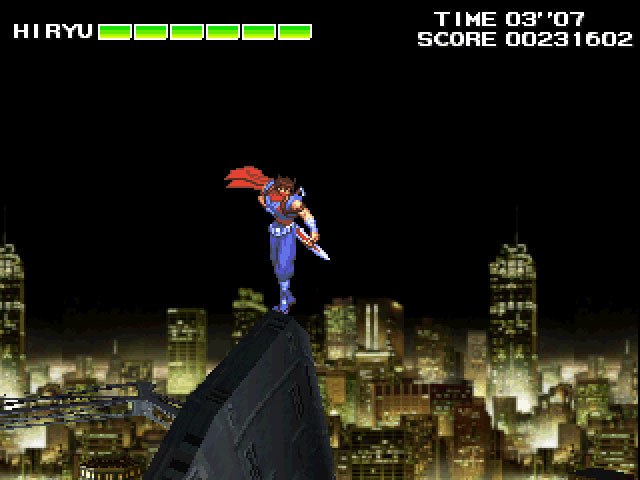
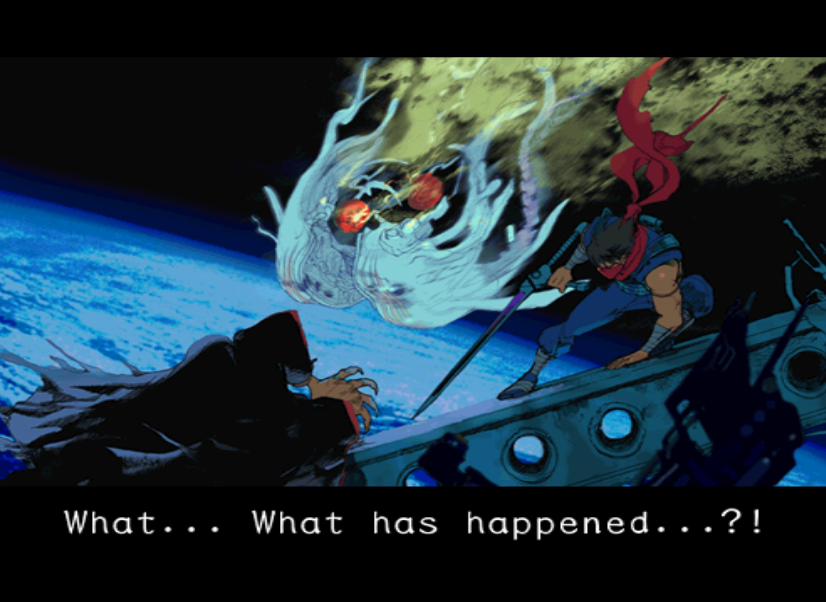
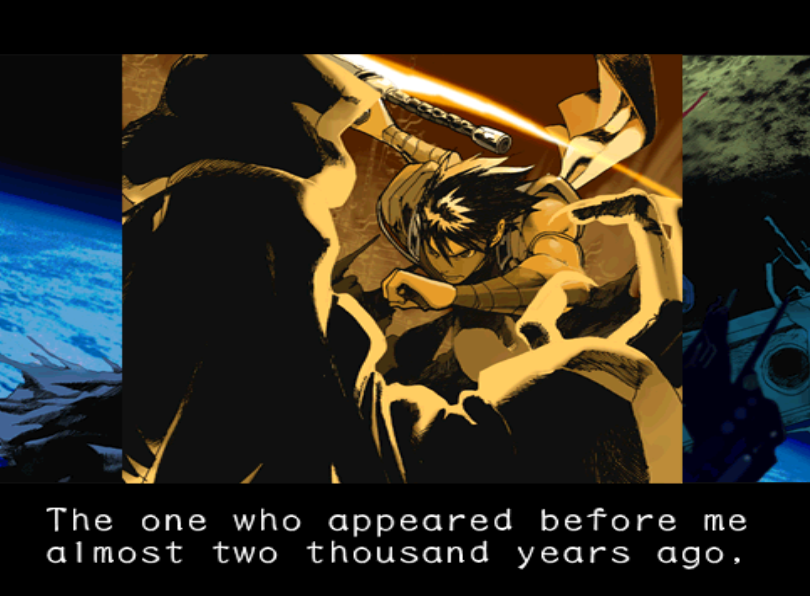
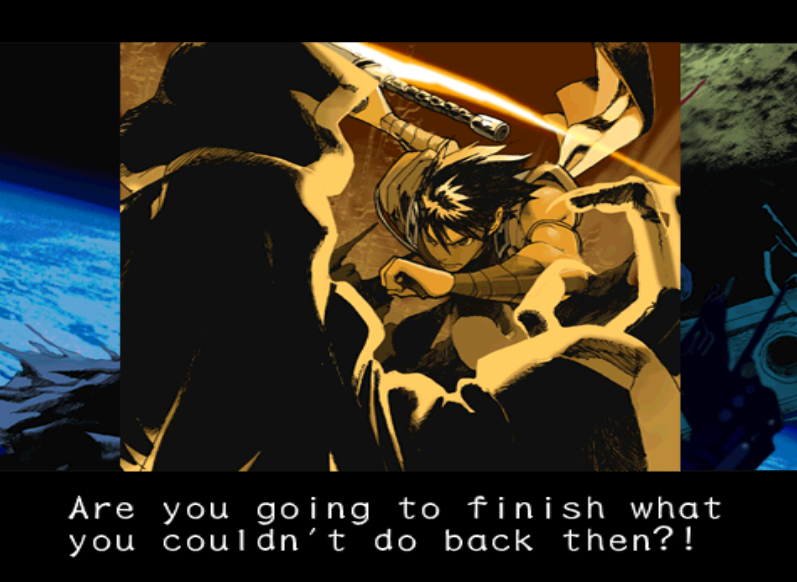
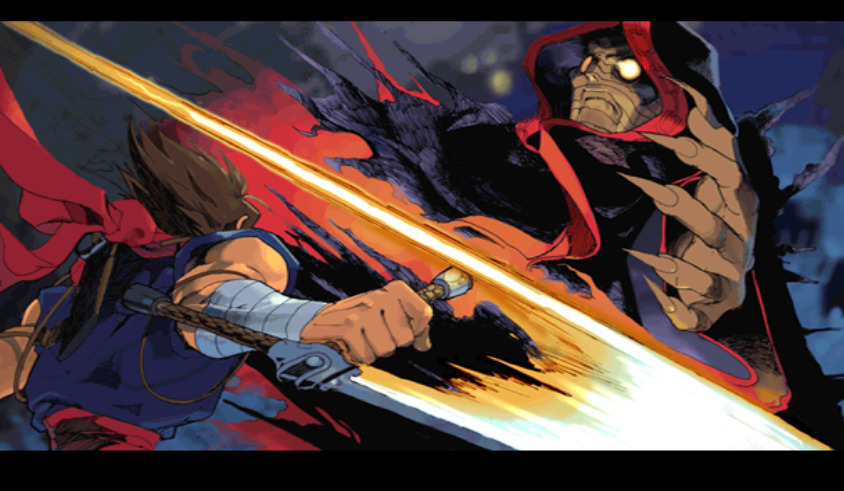
No comments:
Post a Comment